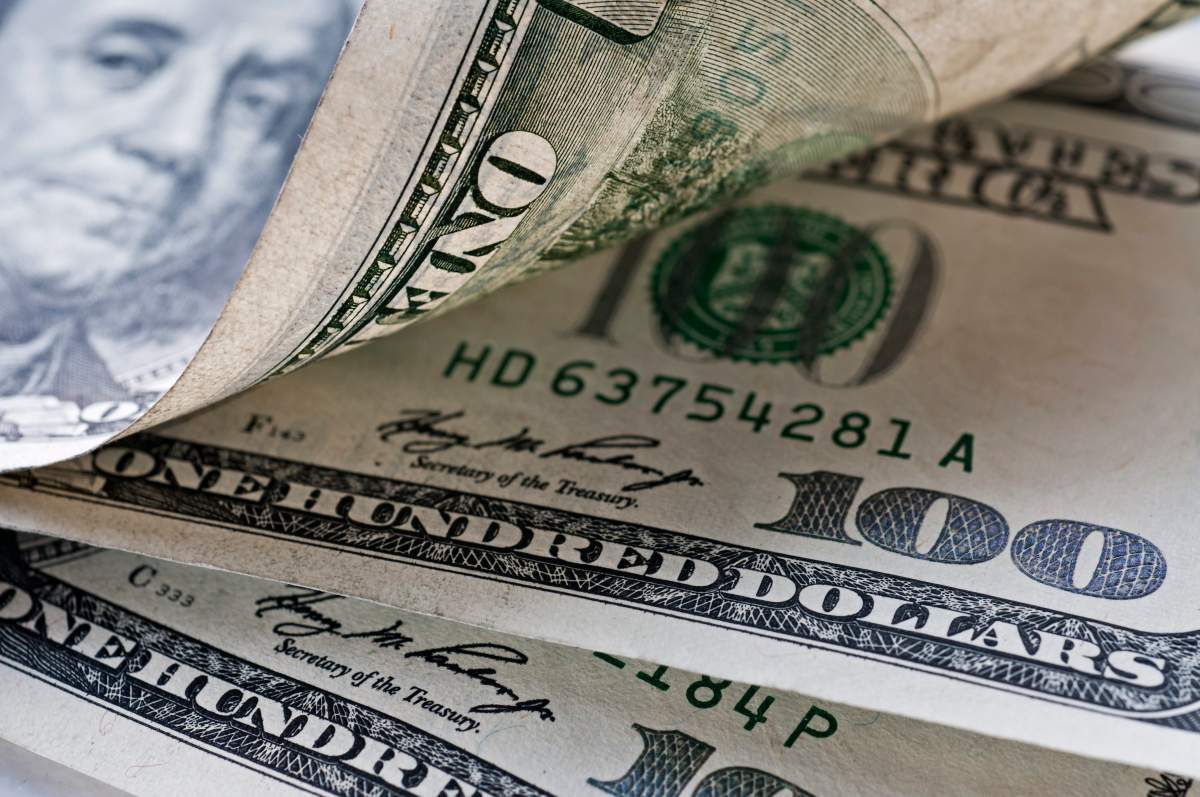Curbing corruption could generate about $1 trillion in tax revenues annually across the world, according to research from the International Monetary Fund.

In addition to increasing government revenue, fighting corruption can also reduce waste and even help to lift test scores among public school students, the IMF said. It also improves overall public trust in the government.
“Less corruption means lower revenue leakage and less waste in expenditures, and higher quality of public education and infrastructure,” said the report.
READ MORE: Canadian export agency probing claim it backed SNC-Lavalin on corrupt Angola dam project
The pattern of lower corruption perception and higher revenues is maintained across developed, emerging and low-income countries, the data showed.
“Among advanced economies, a country in the top 25% in terms of control of corruption collects 4.5% of GDP more in revenues, on average, than a country in the lowest 25%. The gap in revenue collection is 2.75% of GDP among emerging market economies and 4% of GDP among low-income countries,” said the report.
Transparency, strong press are key
Previous studies showed that extractive industries like mining and oil drilling are hotbeds for corruption, as are procurement and the administration of state-owned enterprises. The Fund focuses on transparency and oversight as key elements in curbing corruption in these areas, with a strong, free press as catalyst.
WATCH: Corruption allegations hang over Netanyahu as election looms

“We expected transparency would go together with good fiscal outcomes, but what surprised us is that the effect of transparency is much stronger in countries that have a free press or a (strong) civil society,” said Paolo Mauro, deputy director in the IMF’s Fiscal Affairs department.

Get daily National news
“And when you have those two together the effect is even stronger.”
Mauro and Paulo Medas, a deputy division chief in the same IMF department, co-authored the study, a chapter of the Fund’s Fiscal Monitor, which is being published in parts this week ahead of the IMF’s spring meetings scheduled next week in Washington.
READ MORE: Journalist who exposed FIFA corruption shot dead in Ghana
Among other recommendations to curb corruption, the Fund calls for the professionalization of civil service, including merit-based hiring, as well as the need for simple tax rules and business codes to avoid the temptation of bribes to navigate them.
The report recommended technology that can fight corruption. For instance, it said, taking procurement on line is seen as a rapid and inexpensive part of the anti-corruption puzzle.
So-called e-procurement “is a relatively cheap initiative that can open competition, so you can have bidders from any place in the country or the world and it makes it very cheap and transparent for companies to bid,” said Medas.
WATCH: Saudi private jet industry stalls after corruption crackdown

Chile and South Korea are cited as examples in the effectiveness of e-procurement, while Rwanda and Georgia show some of the highest increases in revenue collection relative to GDP.
Emerging countries’ dependence on extraction of raw materials for economic development gives them an added incentive to curb corruption and makes success even more important.
READ MORE: Exclusive Montreal club 357c, which made headlines during corruption inquiry, to close
“You want to invest in very good institutions, extremely high levels of transparency and very intrusive external oversight,” said Medas.
The trillion in added tax revenues comes on top of a previous study that stated that corruption in the public sector costs between $1.5 trillion and $2 trillion annually in bribes alone.







Comments
Want to discuss? Please read our Commenting Policy first.